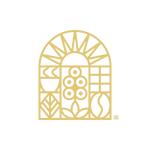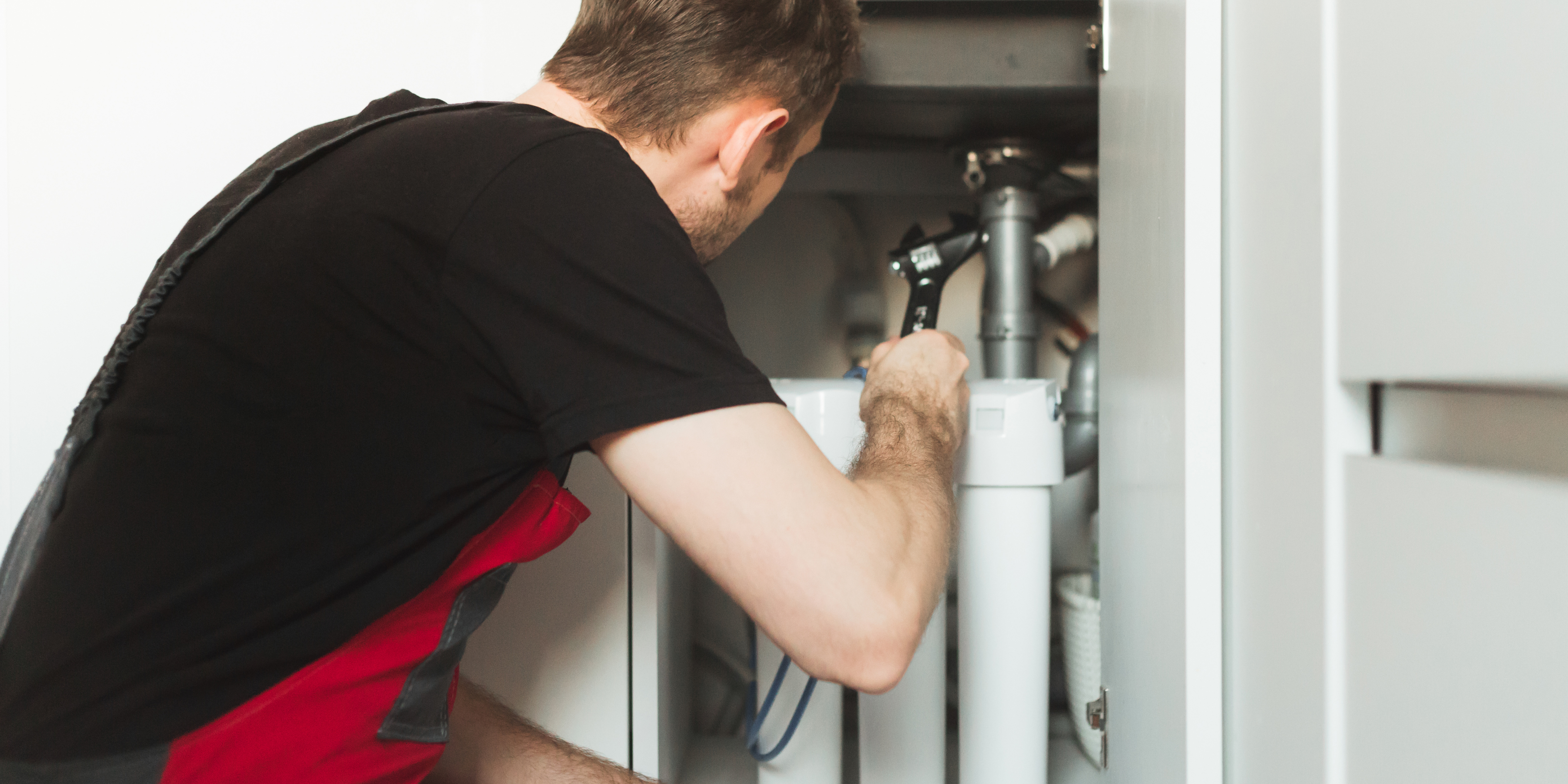The Role of Water in Coffee Brewing
Your Coffee Is 98% Water—Make It Count
You can use the best beans and perfect your grind.
But if your water isn’t right, your coffee won’t taste great.
Here’s why water matters—and how to improve it.
1. Coffee Is Mostly Water
A brewed cup of coffee is about 98% water.
So the quality of water directly affects flavor, clarity, and balance.
Bad water = bad coffee. Simple as that.
2. What Makes Water “Good” for Brewing?
-
Clean and odor-free
-
Filtered to remove chlorine, heavy metals, and impurities
-
Balanced minerals (not too soft, not too hard)
Water that’s too pure (like distilled) doesn’t extract well.
Water that’s too hard can over-extract and taste dull.
3. Ideal Water Specs for Brewing
According to the Specialty Coffee Association (SCA):
-
Total dissolved solids (TDS): 75–250 ppm
-
Hardness: 50–175 ppm
-
pH level: 6.5–7.5
-
No chlorine
You don’t need lab equipment.
Just use a basic water filter and taste the difference.
4. What Water Should You Use?
-
Filtered tap water: Best balance of cost and taste
-
Bottled spring water: A good backup when traveling
-
Avoid distilled or softened water: No minerals = weak flavor
If your coffee tastes off, it might not be the beans—it might be your water.
5. Pro Tip for Home Brewing
If you're serious about flavor, try coffee-specific mineral packets (like Third Wave Water).
They let you adjust water for optimal extraction. Especially useful for espresso and pour-over fans.
Final Thoughts
Water is often overlooked, but it’s just as important as the beans.
Clean, mineral-balanced water brings out the best in your coffee.
At notjustbeans.shop, we focus on beans—but great water completes the brew.

